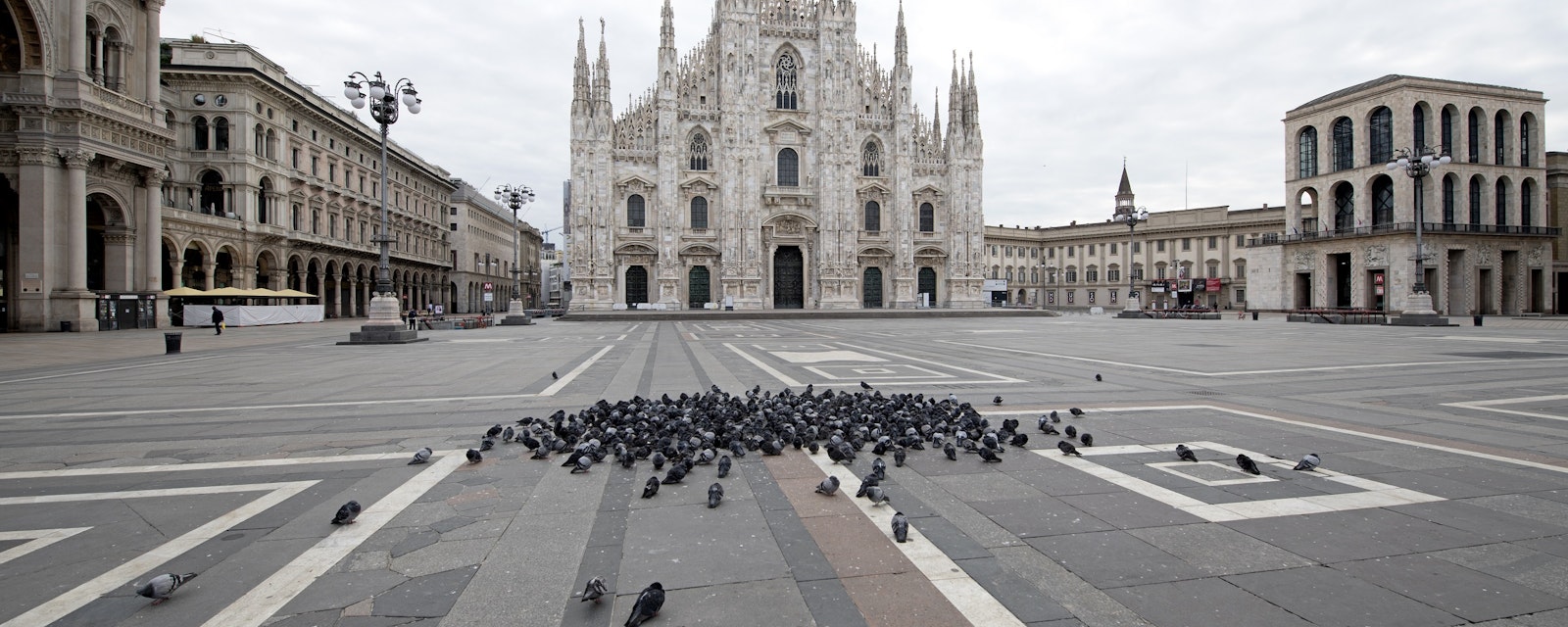As outlined by Prime Minister Giuseppe Conte last Sunday, Italy will start gradually easing its lockdown on 4 May. Yet, Conte’s problems have soared since his announcement. The government’s hold on the emergency – never strong – is challenged due to mounting clashes with regional governors. Meanwhile, public anger is rising due to the hardship and dislocation caused by the long-standing lockdown.
Public trust in the government’s ability to manage the next crucial steps of the crisis and reboot the economy is also undermined by Rome’s failure to put together a coherent strategy and goals. With a few days left before around 2.7 million people are expected to return to work, it is still unclear how the government will combine easing restrictions with measures to monitor and counter the spread of the virus as well as any new outbreaks, including testing and boosting health services.
While Conte’s tenure in office is not at risk in the short run (the parliamentary arithmetic and the lack of suitable alternative figures are key factors), the government is distinctively ill-equipped to face the tasks ahead. Based on the performance shown since it got into office last September, it is highly doubtful that the government will rise to the challenge ahead. Significant disagreements within the ruling coalition on how to tackle the economic fallout of the pandemic have already emerged, and not just concerning the possible use of the ESM resources. The so-called “April decree” that was initially expected in the middle of this month, and then on 30 April, is unlikely to be unveiled until early May due to differences between the coalition partners on how to use the EUR 55bn available.
Under Pressure From Multiple Fronts
Conte was forced to refute opposition accusations that he was robbing Italians of their constitutional rights today in parliament. Leaving aside the Lega’s predictable critical stance, one of the most vocal critics was Matteo Renzi, whose small Italy Viva (IV) party is in the coalition. Renzi served Conte with an ‘ultimatum’ by threatening to withdraw his party’s support if the PM continues to legislate on issues related to the emergency by decree rather than by seeking votes in parliament. While IV’s parliamentary votes are vital for the governing coalition, the credibility of the ultimatum should be somewhat discounted by the fact that Renzi tends to seek the limelight with similar destabilizing statements.
In his speech, Conte criticized regional governors for defying the government and lifting lockdown measures early, saying it risked undoing efforts to prevent a second coronavirus wave. He also added that unilateral moves by regions would be considered illegitimate, and they would be challenged by the government. However, he made a slight overture by saying that the government will be willing to work with regions in the future (most likely from 17 May onwards) to enable them to relax measures more quickly if they had particularly low rates of infection. Conte’s late opening is, however, unlikely to bring the dispute to an end.
Meanwhile, public resentment against the lockdown and its economic cost is on the rise across the country. Several trade associations have threatened to revolt and to embark on a “tax strike” until the end of the year. In some towns, business owners handed in their keys to the local mayor as a sign of protest. A grassroots protest is expected to take place this Saturday in multiple locations.




